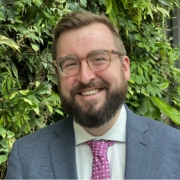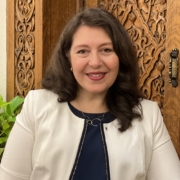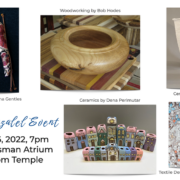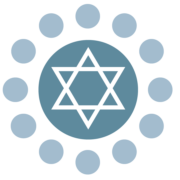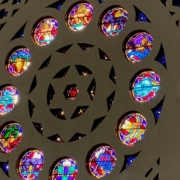Sharing the light this Chanukah
The first Toronto snow is falling and a few things are coming to my mind.
First are the memories I have of the happy snowy winters I’ve had here in Toronto while visiting my in-laws. We would pack up our bags in Atlanta, fill them with cold winter clothing, wrestling with zippers as we did our best to fit our warmest coats into our carry-ons. Taylor, in true Montreal fashion, would remind me that Toronto is not nearly as cold as her hometown. I would dutifully nod and remind her that, nevertheless, it was still winter in Canada. We would be thankful for these heavy coats when we arrived. And we always were! The blast of cold air as the doors at the airport opened was a physical reminder that now it was the season for light, family, and Chanukah!
As we are experiencing our first ‘full-time’ Toronto winter, I cannot help but think about the people of our city for whom winter is a time of danger and suffering. Those who are sleeping on the street, those who will struggle to pay for heating, those who cannot afford regular hot meals.
This Chanukah, Holy Blossom Temple is honoured to be partnering with Ve’ahavtah to provide our members with a chance to serve those in need face to face and to spread the light of hope and dignity to those struggling day to day. From December 19-22, Ve’ahavtah has reserved seats on their mobile service center for our members to pass out supplies, hot meals, and warm clothing to those in most dire straights.
You can sign up for a shift HERE. While space is limited for this exciting program, we look forward to launching it as a full-time initiative in early 2023. Please be in touch with me at skaye@holyblossom.org if you’d like to learn more about our efforts in Tikkun Olam.
Chanukah may still be a month away, but winter is here. Together, let us live up to our sacred responsibility. Both our constant obligation to care for our neighbours and the stranger and the call of this holiday to ‘publicize the miracle’ by sharing the light of hope and the possibility of redemption in the world.

